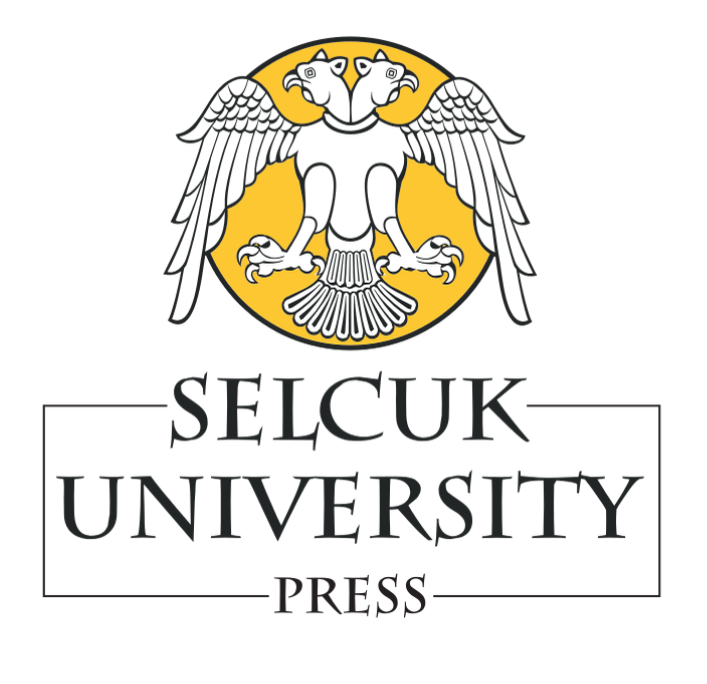| 2025, Cilt 41, e0444 |
| [ PDF ] [ Benzer Makaleler ] |
| Protective Effect of Micromeria congesta Against LPS-induced Oxidative Stress and Inflammation in Rat Livers |
| Muhammet Bahaeddin Dortbudak1, Muhammed Demircioglu2, Fuat Serkan Kapucuk3 |
| 1Harran University, Faculty of Veterinary Medicine, Department of Pathology, 63200, Şanlıurfa, Türkiye 2Dicle University, Institute of Health Sciences, Department of Histology and Embryology, 21280, Diyarbakir, Türkiye 3Harran University, Institute of Health Sciences, Department of Pharmacology and Toxicology, 63200, Şanlıurfa, Türkiye |
| Keywords: Inflammation, lipopolysaccharide, liver, Micromeria congesta, oxidative stress |
| Downloaded:1037 - Viewed: 2441 |
|
This study aims to investigate the possible effects of Micromeria congesta (MC)
against inflammation and oxidative damage in the liver caused by Lipopolysaccharide
(LPS) used in sepsis modeling. A total of 24 animals, 6 Wistar Albino rats in each
group, were used in the study. Animals were assigned to control, LPS, LPS+25 mg/
kg MC, LPS+50 mg/kg MC groups. In MC groups plant extract was administered
to the animals for 7 days, LPS application was been made on the 7th day and the
animals were euthanized 6 hours later. After euthanasia, the liver was examined
histopathologically and immunohistochemically. In histopathologic examinations,
it was determined that the use of MC at increasing doses against liver toxicity caused
by LPS decreased the lesions in the liver. In immunohistochemical examination, it
was determined that TNF-? and IL-2 expressions, which are important biomarkers
of inflammation, decreased in parallel with the increasing dose compared to the LPS
group. In addition, HSP 27 expression, which is a marker of oxidative stress, was also
found to decrease with increasing dose of MC extract. It was revealed that MC extract
had a protective effect on LPS-induced liver toxicity by reducing inflammation and
oxidative stress. More studies are needed for MC to be an alternative in the treatment
of sepsis.
|
| [ PDF ] [ Benzer Makaleler ] |





